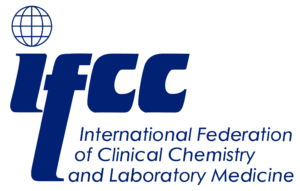Recent advances in next-generation sequencing and genome medicine have contributed to treatment decisions in patients with cancer. Most advanced gynecological cancers develop resistance to chemotherapy and have a poor prognosis. Therefore, we conducted genomic tests in gynecological tumors to examine the efficacy and clinical feasibility of genotype-matched therapy. Target sequencing was performed in 20 cases of gynecological cancers (cervical cancer, 6; endometrial cancer, 6; and ovarian cancer, 6). Both actionable and druggable genes were identified in 95% (19/20) of the cases. Among them, seven patients (35%) received genotype-matched therapy, which was effective in three patients. Of the three patients, one patient with a mutation received everolimus, another patient with a mutation received everolimus and letrozole, and the patient with a mutation received olaparib. Subsequently, disease control in these three patients lasted for more than half a year. However, all patients relapsed between 9 and 13 months after the initiation of genotype-matched therapy. In this study, the response rate of genotype-matched therapy was 43% (3/7), which may have contributed to improved prognoses. Therefore, genotype-matched therapies may help patients with refractory gynecological cancers achieve better outcomes.

